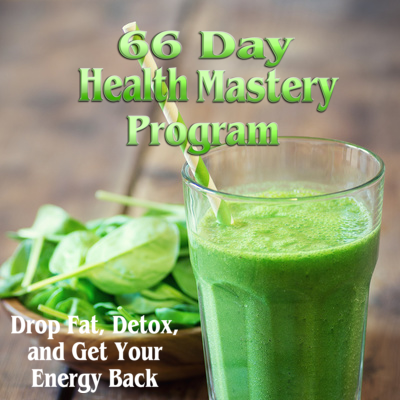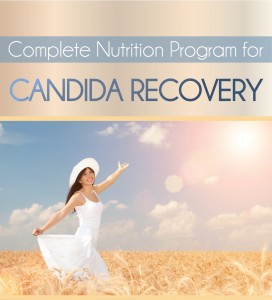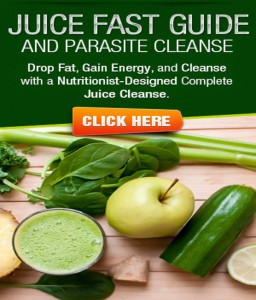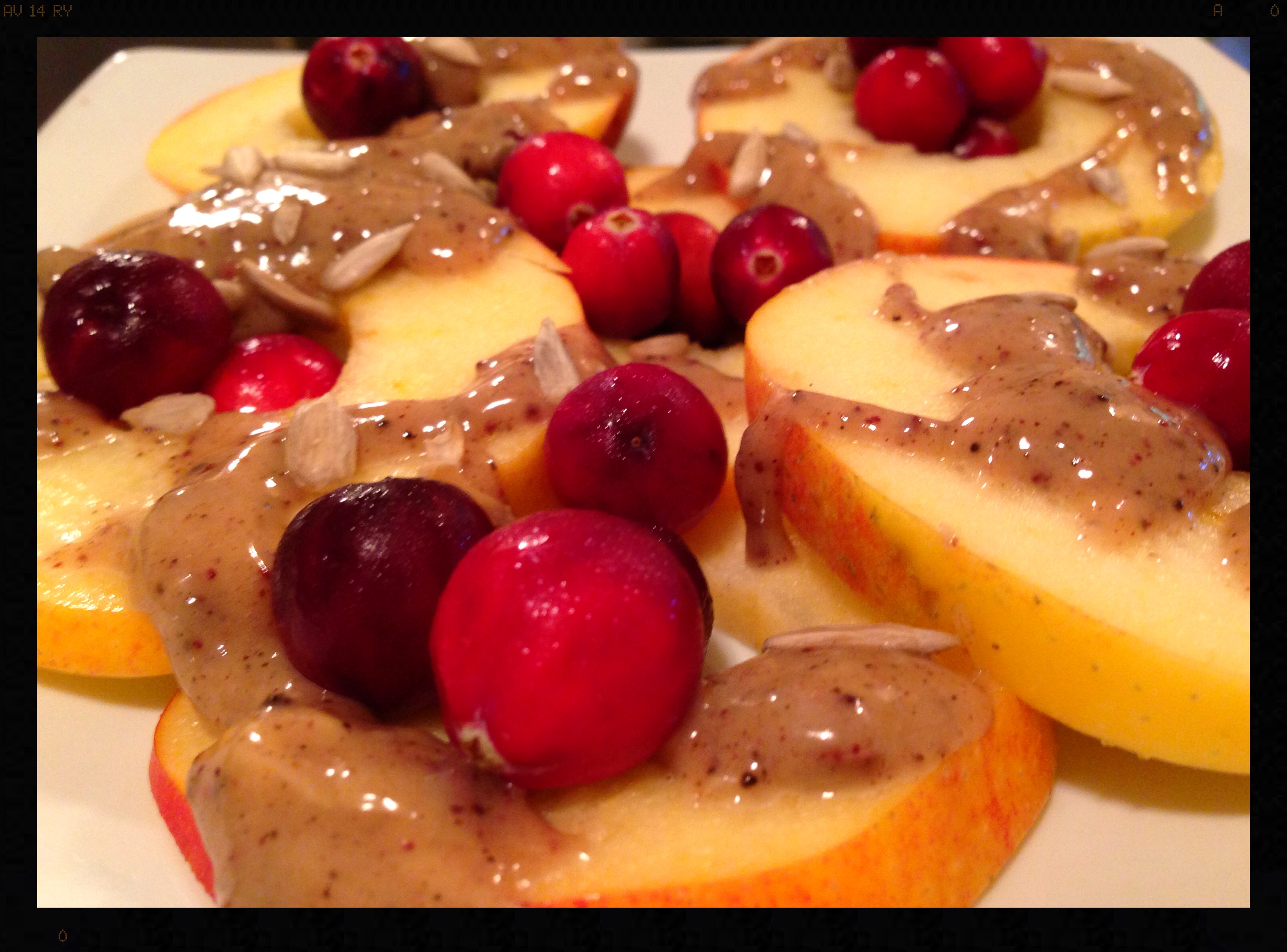Testosterone is one of the most important hormones for men, and I’m sure you already know that! But did you know that adequate levels of testosterone are critical to having proper muscle mass and strength, bone density, hair growth, fertility, libido, fat distribution, mental health and energy?
Why are the commercials for drugs like Viagra and Levitra coming at us fast and furious? It is because today, so many men above the age of 30 are low, or very low in testosterone due to diet and lifestyle. Some men are noticing an inability to gain muscle even after working out regularly at the gym, and a decline in erectile performance and mental energy.
So how do you know if your testosterone is low? Here are some clues.
For Adult Males, Signs of Testosterone Deficiency Can Include:
- Diminished libido (sex drive)
- Erectile dysfunction
- Muscle weakness
- Loss of body hair
- Depression
- Loss of skeletal muscle and strength
- Increased fat mass
- Infertility
- Increased insulin resistance and risk of diabetes
- Lower sense of well-being
- Fatigue after eating
- Reduced stamina
- Decreased brain functioning/cognition
Thankfully, many men are able to restore proper testosterone levels with adjustments to their nutrition and lifestyle. Try the following tips:
- Add Zinc to the Diet: Zinc is an essential dietary mineral and is needed for your immune system to function properly and for cell division. Having a zinc deficiency can lead to low testosterone, and because your body can’t store zinc, you need to take it in every day. For men over the age of 19 the recommended daily amount of zinc is 11 milligrams.
Your diet is the best place to get adequate zinc but it can be difficult to do primarily because conventional farming methods like NPK farming deplete the soils. As a result nutrients like zinc are low or non-existent. So even when you see lists of foods that “contain zinc”, it may be in such low levels that it is not doing anything to boost your levels. Cooking also depletes zinc levels and most people cook or even over-cook their foods.
Legumes, nuts, seeds, and oatmeal are the best food sources of zinc, but remember to soak your nuts and seeds because the phytates block absorption. I highly recommend getting a red blood cell test for zinc levels because it is the best way to find out if you are sufficient in zinc. If you are low on zinc consider supplementing, but be sure your supplement doesn’t contain calcium which can inhibit absorption.
- Adequate Vitamin D Levels: Vitamin D deficiency is widely considered to be one of the most common nutrition deficiencies, and men with insufficient Vitamin D levels (technically a hormone) have significantly lower testosterone levels.
The sun is the absolute best way to optimize your Vitamin D levels, and you need to expose a significant amount of your skin to sun for at least 30 minutes per day. Avoid the use of sunscreen because it blocks Vitamin D3 formation on the skin, and is also linked to increased skin cancer risk. Of course, significant burning also increases risk of skin cancer, so be sure to come in out of the sun before burning. For many people however, daily sun exposure is not an option, especially in winter climates. Those are the times during which you must supplement with a high quality D3 and be sure you are taking high enough IU’s to make a difference in your blood test results.
- Increase Foods Containing Magnesium: Magnesium has been shown to have beneficial effects on the male gonadal system, as observed in a very recent study.
Magnesium improves the body’s antioxidant capacity and decreases inflammation which allows for the release of Testosterone and IGF-1. You can easily increase magnesium in your body by adding raw cacao to your daily regime (the highest food source of magnesium) as well as avocado, dark leafy greens and bananas. You can also use a transdermal magnesium supplement to truly boost your levels. Ancient Minerals is the most pure and pristine brand out there.
- Fats: Most people who keep up on nutrition science research are aware that too much fat is detrimental to health and leads to increased risk of diabetes and heart disease. Excess fat in the body blocks insulin from doing its job of escorting glucose molecules into the cells for energy creation. As a result, the pancreas continues to pump out more and more insulin to compensate. Very dangerous in the long run.
But as men age, and their levels of testosterone lower naturally to some degree, levels of LPL (lipoprotein lipase ) rise, which results in more fat being stored as body fat, and more body fat results in even lower levels of testosterone! So what to do?
Be sure you are getting enough high quality plant based fats in your diet. Fat is key in the regulation, distribution and creation of hormones including testosterone. The best way to increase healthy fats is to add nuts to your diet. Nuts are high in testosterone-elevating omega-3 fatty acids, and are heart healthy as well. Consider adding two ounces of nuts to a morning green smoothie on a regular basis.
- Reduce or Eliminate Animal Proteins: In order to have healthy testosterone levels it is important to remove animal proteins, including dairy, from your menu. Meat and Dairy are both loaded with excess estrogen — yes, even the organic versions — and estrogen is definitely not your friend when it comes to physique, sex drive and energy levels. As a man, excess estrogen is only your friend if you have a penchant for man boobs. Some people will attempt to argue that “organic grass fed” animals are fine because they contain significantly less toxic pesticide residue, growth hormone and other chemicals than regular animal flesh.
However, vegan men tended to have significantly higher testosterone levels than both vegetarians and meat eaters. See Here
- Vegetables: Few are aware of the importance of vegetables in raising testosterone levels. The best vegetables to eat for raising testosterone are the cruciferous vegetables like broccoli and cabbage. Yet another reason to amp up your cruciferous intake! These vegetables contain a phytochemical known as Indole Carbinol, which has been proven to help decrease estrogen and increase testosterone in men.
- Skip Refined Carbohydrates: Healthy carbohydrates like vegetables, fruits and moderate amounts of grains are necessary for optimal testosterone levels. However, consuming simple refined carbs and sugars actually disturbs your hormonal balance. So skip the bread and pasta, and consume more fruits, and gluten free grains like brown rice and quinoa (technically a seed).
- Garlic: Garlic has been proven to elevate testosterone levels. Garlic contains a substance known as Allicin, which can simultaneously reduce the stress hormone cortisol while increasing testosterone.
- Eliminate, or Seriously Limit, Alcohol Consumption: Tests have shown that drinking even a “reasonable” amount of alcohol can result in a 20% drop in serum levels of testosterone. Of course, in the more serious cases of chronic alcohol drinking result in liver damage, and testosterone levels can be reduced by as much as 50% and men can become “feminized” (losing facial and pubic hair, impotence, and fat deposits behind the nipples that appear as feminine breasts).
- Improve Sleep: Getting enough quality sleep during the night is important for testosterone production. Be sure you get at least 7 hours of uninterrupted sleep. If you are waking during the night to go to the bathroom, make sure you reduce liquid intake at least 2 hours before bed to see if that helps. If not, consider having a urinalysis done at your doctor’s to be sure nothing is going on with your kidneys.
Implement as many of these tips as you can, and within a few weeks you will hopefully notice a measurable effect in how you feel in terms of energy, libido and overall mental health!

